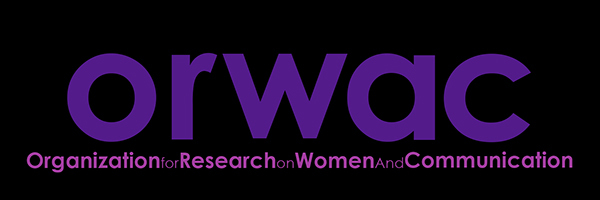01/31/2018
Call for Papers in the area of Gender, Communication, and Politics
Australian and New Zealand Communication Association
The annual conference of the Australian and New Zealand Communication Association will be held in Auckland (NZ), July 4th-8th, 2018. The closing date for submissions is February 26th, 2018 (see http://anzca2018.org/index.php/abstract-submissions for details).
As the world changes rapidly around us, communicators are dealing with new spaces, technologies, and strategies for communication, each of which are creating multiple realities. Communication forms, actors, and messages are in a state of constant flux, negotiating between change and stability, transgression and orthodoxy, hybridity and homogeneity. Emergent communication practices and economies may support diverse modes of expression and/or, potentially, divisiveness. What are the new realities being articulated in our shared public life? What kinds of communication are changing? Are there new unities, alliances, and convergences? Are there new divides? What certainties are being disrupted, and what are they being replaced with? Where is the authority to determine new realities, and where is this being challenged? What impact do these new realities have on publics’ trust and respect?
The theme encapsulates multiple dialectical tensions: between fluidity and stability; hybridity and purity; transgression and orthodoxy; inclusion and exclusion; crossing borders and building walls; among the global, the national, hyper-local and hyper-personal. It invites consideration of the roles media and communication play within these tensions, and the ways these tensions impact communication practice, policy, and theory.
Submissions might include, but not be limited to, papers and panels addressing the following:
- What of the ‘old’ remains in the ‘new’ in today’s media and communication ecology? What is stable, what has persevered, and what has changed and evolved?
- What has been the impact of regional economic, political, and technological changes on communication in the Asia-Pacific?
- What are the new multiple realities and claims to knowledge in health, in science, and in workplaces?
- What are the new tensions between mass and personal communication, between macro and micro publics?
- How has acceptance of ‘multiple realities’ enabled a diversity of worldviews and modes of expression to emerge, and how have new players and initiatives challenged oligopolies?
- Has change helped produce new oligopolies, supporting even greater concentrations of power, dependency relationships, divisiveness, etc?
- How has greater inclusivity of worldviews been countered by the suppressive/dismissive labelling of ‘alternative facts’?
- What role does communication play in both the fragmentation of publics, and the formation of collective identities?
- Where are media and communication in the formation of master forums and special interest communities?
- How have traditional cross-cultural points of tension been exacerbated or ameliorated by changing media practices?
- How are communication technologies contributing to journalistic and political transformation, and is theory keeping up?


